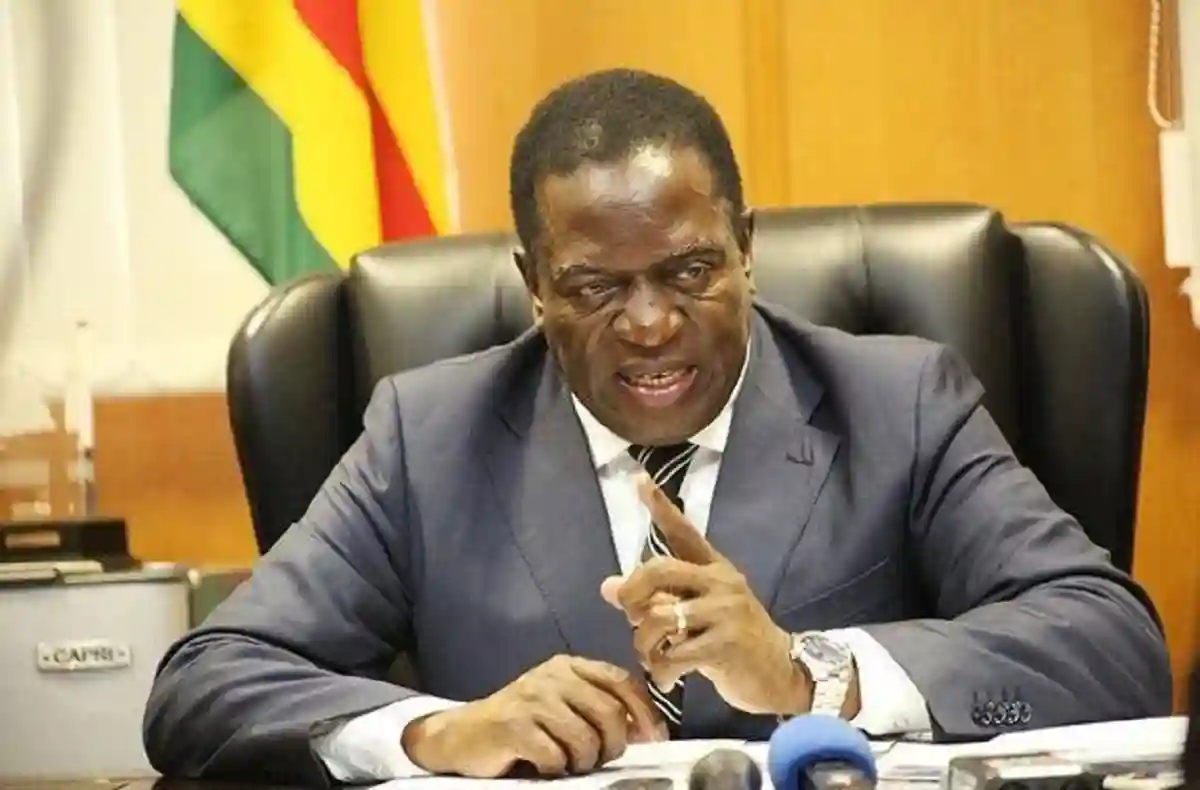The President of Zimbabwe, Emmerson Mnangagwa, has issued a stern warning to business, industry, and the mining sector regarding corruption. During the official commissioning of the Bikita Minerals spodumene and petalite processing plants, Mnangagwa made it clear that his government would not tolerate any form of corruption and would enforce the law without any bias or favouritism.
Mnangagwa stressed that the pursuit of profit should never come at the expense of the country’s laws or the well-being of its people. He emphasised the need for transformative changes in the quality of life for Zimbabweans, which should be achieved through the responsible and ethical utilisation of the country’s abundant resources. He is quoted by NewsDay Zimbabwe as saying:
Corruption of any kind, will never be condoned by my government and the law will apply without fear or favour.
The overarching need to grow “the bottomline” should never be at the expense of the laws of the country or the well-being of our people who must see transformative changes to their quality of life as a result of our country’s rich and numerous resources.
Transparency International’s Corruption Perception Index recently ranked Zimbabwe among the 124 countries with high levels of corruption. Mnangagwa’s administration has faced criticism for not demonstrating sufficient political will to effectively tackle corruption. Critics argue that President Mnangagwa’s government only pays lip service to fighting corruption, as political elites involved in corrupt activities receive protection. They believe that tangible actions and unbiased enforcement of the law are needed to effectively combat corruption in Zimbabwe.
In addition to addressing corruption, Mnangagwa highlighted the importance of the lithium sub-sector in Zimbabwe’s economy. He acknowledged the investment of US$300 million from Sinomine Resource Group into the Bikita Minerals project. Mnangagwa urged players in the lithium sub-sector to remain focused on producing batteries and other clean energy-related products. He also emphasised the need to expedite the completion of the Mapinga Mines to Energy Industrial Park.
Zimbabwe currently suffers losses of at least US$1.7 billion due to the export of unprocessed lithium ore mined at various mines including Sandawana in Mberengwa, Bikita, and Arcadia Lithium Mine. To tap into the full potential of the lithium industry, the country needs to develop a comprehensive lithium-ion battery and electric vehicle industry.

